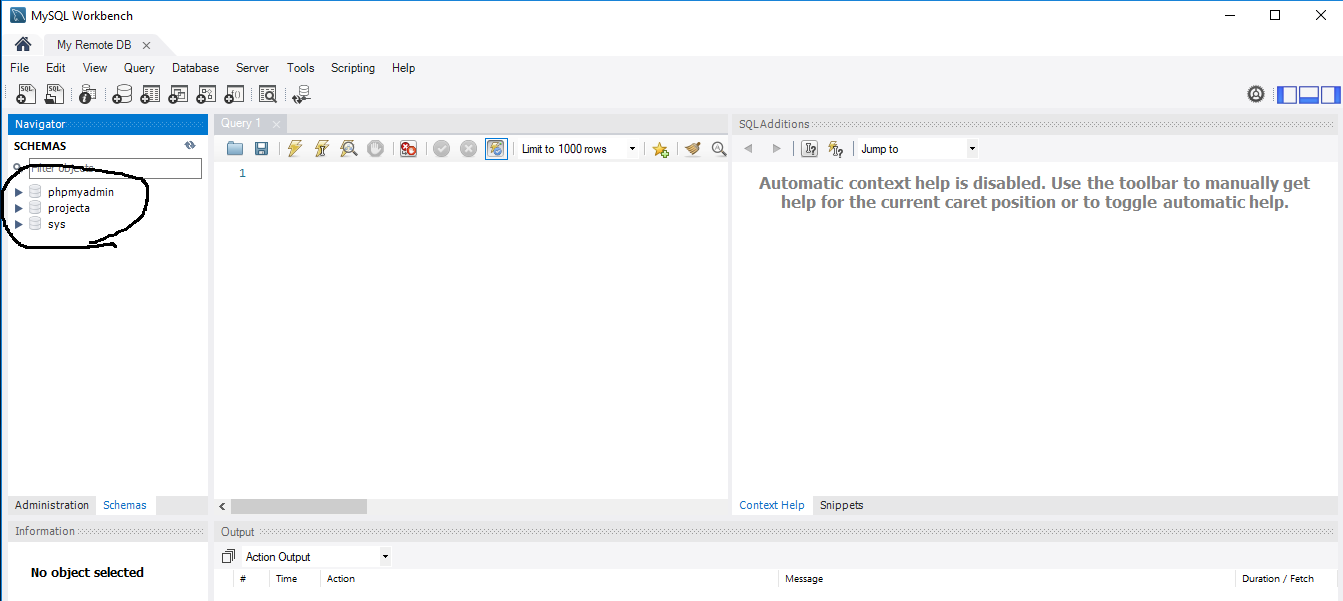
However, since the targets do not have a public IP address at all in this case, you still need to use a bastion host, so there is connectivity to and from them. This could be much simpler if your target instances are not fussy about where you connect from and how many keys you present. Accessing a host without a public IP through the Bastion Ssh -J you manage to lock yourselves out of a DiscrimiNAT instance due to repeated authentication failures, either terminate the instance and let the managed instance group bring back a new one, or wait 15 minutes. Ssh -J example of a fully formed command from the example deployment in the screenshots is: You will need the public IP address of the bastion, the private IP address of the target DiscrimiNAT instance, and this command: within the VPC), so you cannot connect to it from a public IP. This is needed because DiscrimiNAT will only allow SSH connections from private IPs (i.e.

To add a specific private key to the SSH Agent, run the command:Īnd then check with ssh-add -L whether only one line in the output is present.Ĭheck the Compute Metadata -> SSH Keys in Google Cloud (GCP) console for the username of the key loaded above.įinally, SSH into the DiscrimiNAT instance using the bastion host as ProxyJump. ssh directory in your home directory for unexpected private key files. If the previous command still shows some lines, check the. In your local terminal, create an SSH tunnel to connect the GCP instance to Airbyte: gcloud. A pop up window will open, in which enter the port to which you want to establish the connection. If the output shows more than one line, you may clear all of them out with the command ssh-add -D. gcloud -projectPROJECTID beta compute ssh INSTANCENAME. Select the option Open in browser window on custom port next to the SSH button of the VM Instance.

So it's safer to just have the one identity that will work. This is to prevent it from trying one identity after another to the server, causing the server to block the user after too many failures. The SSH Agent should have only one identity loaded. Let's check with a few commands on your machine: Therefore, SSH access to it requires your posture to be sound and secure. The DiscrimiNAT image is hardened per CIS Ubuntu Linux 20.04 LTS Benchmark v1.1.0 Level 2 - Server. Your bastion host on GCP is now ready! Accessing a DiscrimiNAT instance through the Bastion This will allow you to directly connect to this instance, from your public IP to its public IP. The presence of this network tag enables the traffic to and from this instance to have higher precedence than the control laid out by the DiscrimiNAT Firewall, therefore bypassing it. You can allow-list an IP address, create a reverse SSH tunnel via a. See the next image.Īdd the network tag bypass-discriminat to this instance. DMS makes connectivity to the source instance easy by providing multiple options. We will need to add a small detail in the networking section, though.

ZONE=$(gcloud compute instances list |grep -E "^$HOST]" | awk '') I've followed this guide to define a gssh binary which looks like this. I love emacs Tramp and I though it would be great if I could tramp into these instances. So the only way to ssh into them is to use gcloud compute ssh with tunnel-through-iap flag. I have a couple of GCP projects which has IAP enabled on them and have compute engine instances which only have private IPs.


 0 kommentar(er)
0 kommentar(er)
